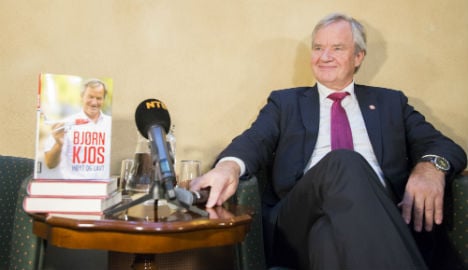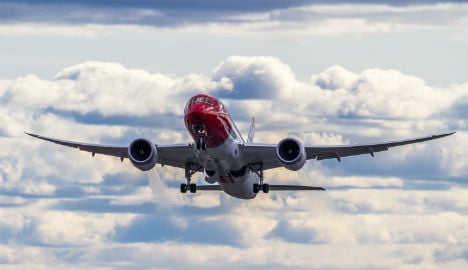In the middle of the airline’s long dispute with airline unions over the use of cheaper foreign crew on long haul flights, several Norwegian staff travelled to a CAA office in Bodo to lobby the authority to ban the airline from using foreign crew, something the authority refused to do.
But the episode deeply affected Kjos, who felt he could no longer trust his own executives.
“To see people deliberately go out to destroy their own workplace in this way gave me a feeling of being immersed in a story by Franz Kafka, where there are strange things happening all the time, but where you never get a proper grip of what is going on,” he said. “The only thing you’re left with is an overall sense of a kind of betrayal.“
Norway’s airline unions denied that any Norwegian staff had seriously attempted to destroy the company.
“The representatives of Norwegian has not tried to sabotage the company,” Vegard Einan, the Vice President of Norway’s Parat Union, told Norwegian state broadcaster NRK.
In his book Kjos also said he felt underappreciated in Norway, believing the effect of Jante’s Law, the powerful Scandinavian strain of ‘tall poppy syndrome’, stopped his countrymen from properly recognizing his achievements.
When Norwegian won the award for Europe’s best low-cost carrier two years in a row, Kjos writes that “abroad we were hailed as heroes; even our competitors treated us with respect.”
But in Norway, there was little celebration.
“I had perhaps thought that the Law of Jante and the slightly corny old adage that 'no one is prophet in his own land' had faded over the years,” he writes.



 Please whitelist us to continue reading.
Please whitelist us to continue reading.